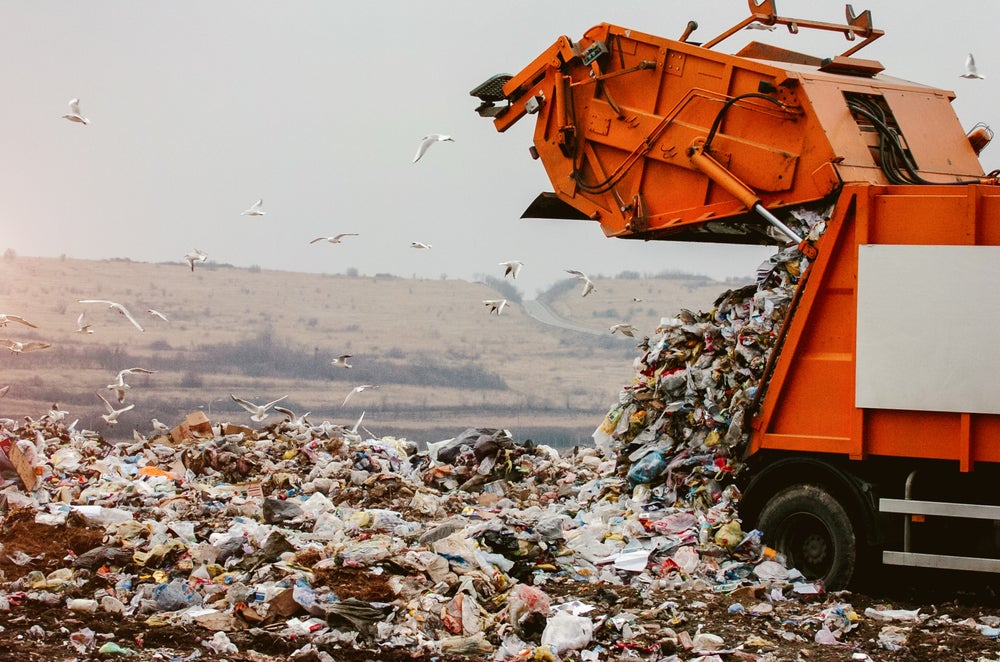
HMRC has collected £1bn in extra revenue from investigations into underpaid landfill tax over the past 5 years, with £281m collected in the last year alone, says multinational law firm Pinsent Masons.
Landfill tax is imposed on waste disposed of in landfill and is designed to encourage waste reduction and recycling. However, many businesses face investigations, extra tax and penalties – potentially worth millions of pounds – because of a specific and technical legislative regime that can confuse taxpayers.
Commenting on this, Pinsent Masons senior associate, Sam Wardleworth, said that landfill tax can be a difficult tax for businesses to report correctly, as parts of the regime are complex and difficult to apply in practice.
In particular, HMRC’s literal interpretation of technical language describing waste materials means that in some instances innocent mistakes such as using the wrong word on a form can, in HMRC’s view, increase the liability of waste by 30 times and result in significant penalties.
This is particularly concerning in instances where industry jargon may be commonly used to describe a qualifying material. This can result in a rate of £102.10 per tonne as opposed to £3.25 despite the nature of the disposed of material being the same. Previously, instances of statutory ambiguity have been patched through subsequent changes (e.g. when a ‘disposal’ occurs) but the landfill tax regime remains open for interpretation in many places.
Wardleworth said: “Landfill tax errors might be amongst the most costly errors in the entire UK tax system. If you’re disposing of a ten thousand tons of waste, the wrong description can cost almost a million pounds in extra tax and fines.”
How well do you really know your competitors?
Access the most comprehensive Company Profiles on the market, powered by GlobalData. Save hours of research. Gain competitive edge.

Thank you!
Your download email will arrive shortly
Not ready to buy yet? Download a free sample
We are confident about the unique quality of our Company Profiles. However, we want you to make the most beneficial decision for your business, so we offer a free sample that you can download by submitting the below form
By GlobalData“Making sure employees and drivers fill in forms correctly to ensure the correct rate of tax is payable can be very difficult in practice. There is a level of subjectivity in what constitutes an accurate description of material and HMRC’s interpretation is strict.”
Wardleworth further pointed out that a common cause of confusion for businesses is the unhelpful interaction between Landfill Tax and the Environmental Regime. The categorisation and labelling of waste used by the Environment Agency and HMRC are different.
Landfill businesses often report landfill waste to HMRC using the Environment Agency’s terminology as this is where their expertise lies. Again this can result in the wrong or insufficient detail on waste transfer notes, resulting in them being forced to pay higher rates of tax and fines.
Wardleworth added: “Unifying the environmental regime and landfill tax system is well over due and it would likely prevent a great deal of landfill tax errors, improving compliance and saving money for businesses and time for HMRC.”
“Businesses unsure of their intake procedures or concerned that they may have made errors like this should take professional advice to deal with the investigation and any appeals that are necessary.”






